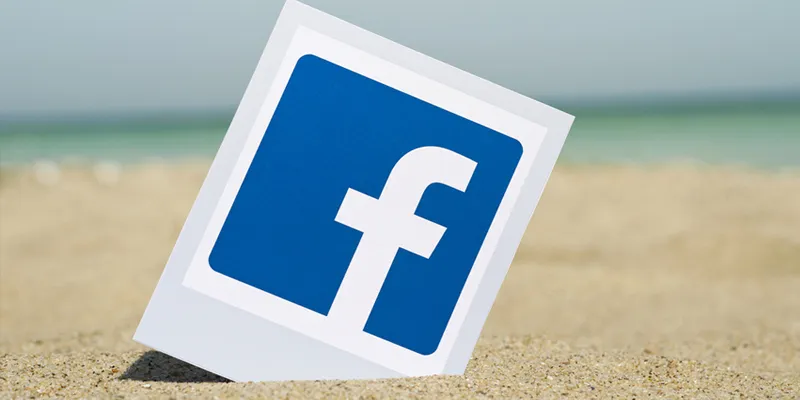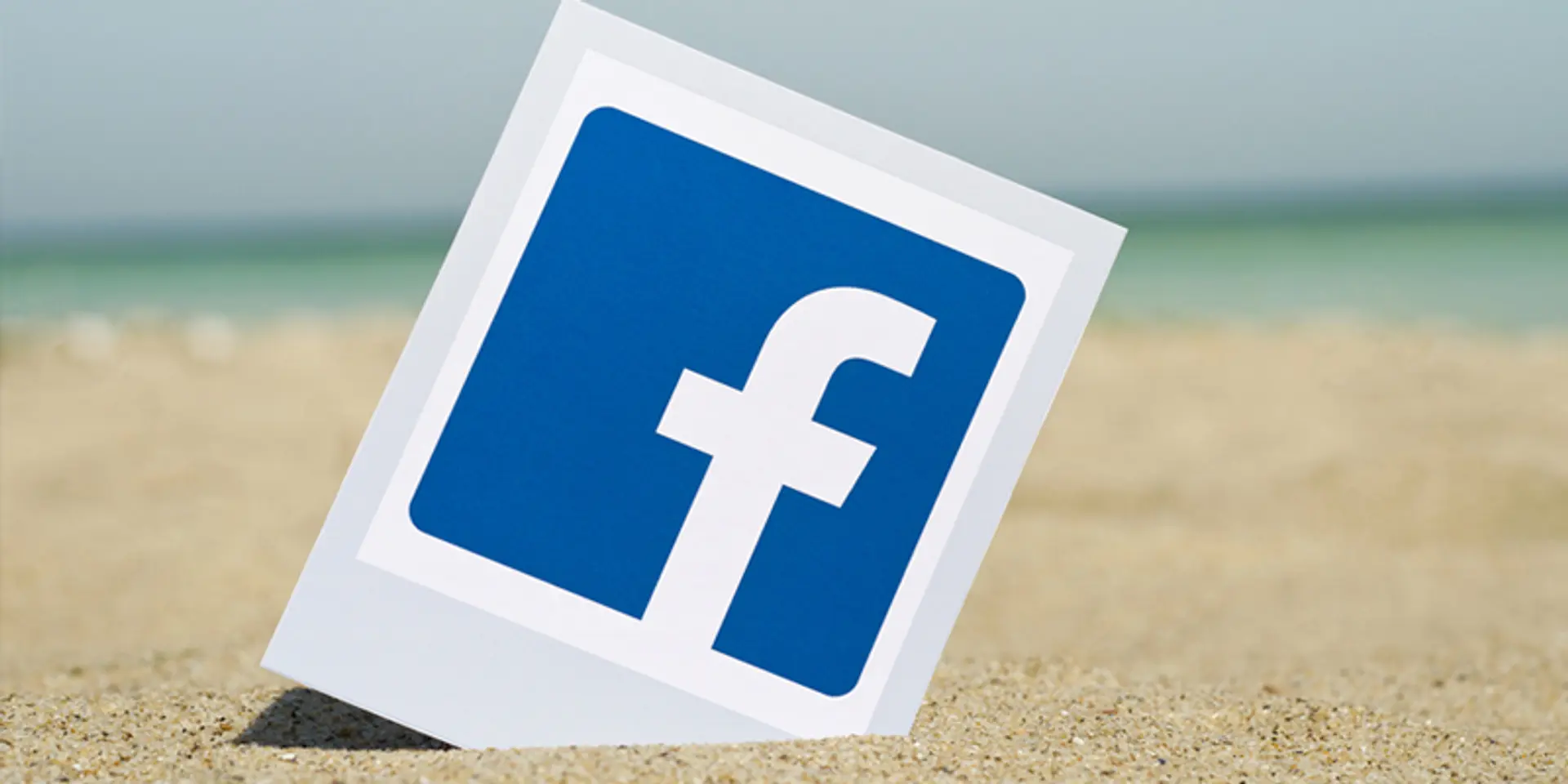6 ways to generate Facebook leads that matter
Facebook is now at the centre of brand and marketers’ content, marketing, and even sales strategy. With over 1.2 billion daily user base, it is one of the most power consumer-connect tools in the history of business. Today, Facebook helps brands reach users they couldn’t before, become more relevant in search, nurture a community of fans and followers, and most importantly, develop a distinct identity that consumers can relate with.
What is better is that in recent years, Facebook has aced the lead generation game, too. Grabbing eyeballs of potential leads and converting them into paying customers is an added incentive to keep Facebook in your marketing mix.

Image: Shutterstock
So what does it take to generate leads using Facebook posts?
Typically, a lead is someone who has proven interest in your company's product or service due to a behaviour they showcased. Users can show several actions to be qualified as a potential lead – downloading a brochure or e-book, filling up a form, and signing up for a webinar are just some of them. Unfortunately, a like or comment doesn’t quality users as a lead.
So how can you post content and posts that generate leads for your business?
Post the offer landing page
A simple yet effective lead generation technique on Facebook is to direct users to the landing page of your sales offer. The post itself needs to clarify exactly where you are sending them. If they expect to read an article but end up at a download link that needs them to fill a form, they will get frustrated. Action-oriented openings work well, such as ‘Download report’, ‘Watch video’, ‘Join webinar’ etc.
Promote lead generation offers with videos
Facebook’s algorithm is biased to videos, which have over 135 percent more organic reach compared to still photos. If you have noticed all sorts of brands doing recipe videos on your Facebook feeds suddenly, even if their product or service has nothing to do with food, chances are it’s a tool for organic reach.
Using videos to market your offers is a sure-shot way to be noticed. Explain reports, take 50-second tutorials, do product demos – there is a lot that videos allow you to do.
Pin lead-gen posts
Pinning posts to the top of your Facebook timeline ensures instant and long-term noticeability. It allows lead generation posts to be on top of your timeline for a week before moving to its original chronological order.
Facebook allows you to pin all kinds of posts – text, image, video, and even live videos.
Use ‘that’ button
About three years ago, Facebook introduced a call-to-action button for business pages. It can help drive traffic to your website through a variety of customised options like purchase, book, contact, play a game, and download an app, among others.
Run a contest
Contests were powerful in social media marketing of 2010, and almost a decade later, they still work! The two things you must remember are, that your contest is in accordance with Facebook page and contest guidelines and that the promotion targets your user base accurately. If you are a luxury travel company, a contest themed budget travel will not bring you the right kind of leads.
Run ads accurately
Metaphorically, Facebook has more targeting options than users. Use them to target new audiences who might be interested in your content, turn them into loyal readers, and eventually paying customers. You can use three overarching Facebook ad formats based on your budget:
- Boosted ads, where you pay for additional audience and pre-selected demographics in addition to those who will see your post organically
- Right hand column ads come less expensive but with significantly advanced testing options
- Native ads appear on users’ newsfeeds and generate significantly higher engagement
Organic or paid, today Facebook’s reach, especially in India, goes all the way from a tier-4 town schoolboy to the affluent entrepreneur in the metros. Every brand needs the right kind of lead generation strategy on Facebook to make the most of this powerful platform that has only grown in strength since Mark Zuckerberg first envisioned the potential impact of the social network.







